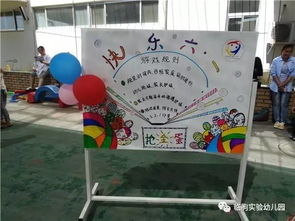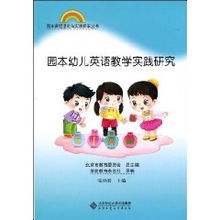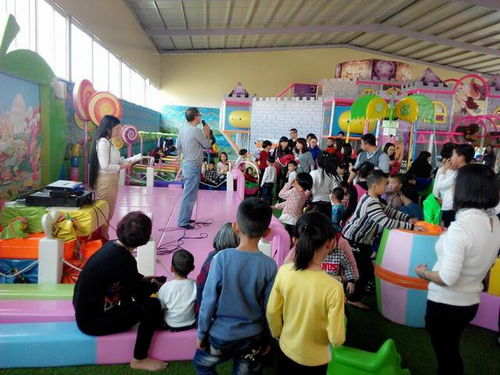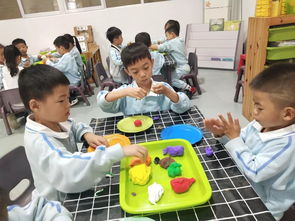Introduction
In the fast-paced world of modern parenting, it's easy to overlook the importance of play in a child's life. However, play is not just a pastime; it's a crucial component of a child's development. Engaging in recreational activities can have a profound impact on a child's physical, emotional, social, and cognitive growth. In this article, we will explore the significance of play, the benefits it offers, and how parents can incorporate it into their children's daily routines.
The Importance of Play
Play is often referred to as the "work" of children. It is through play that children learn to explore, experiment, and understand the world around them. It is a natural way for children to develop their motor skills, problem-solving abilities, and creativity. Moreover, play is essential for building social skills, as it allows children to interact with others, learn to share, and understand the emotions of their peers.
Benefits of Recreational Activities
1、Physical Development
Recreational activities that involve physical movement, such as running, jumping, and climbing, help children develop gross motor skills. These activities also contribute to the strengthening of muscles and bones, improving balance, and coordination. Regular physical play can also help prevent obesity and promote a healthy lifestyle.
2、Cognitive Development
Play is a powerful tool for cognitive development. It stimulates the brain, enhancing memory, attention, and problem-solving skills. For example, building with blocks can help a child understand spatial relationships and develop fine motor skills. Pretend play, such as acting out stories, can improve language skills and narrative thinking.
3、Emotional Development

Through play, children learn to express and manage their emotions. They can experience a range of feelings, from joy and excitement to frustration and disappointment. Play allows children to practice emotional regulation and resilience, which are essential life skills.
4、Social Development
Playing with others is a social activity that helps children develop empathy, cooperation, and communication skills. It teaches them how to take turns, share, and resolve conflicts. Group games and activities can also help children understand the concept of teamwork and the importance of each individual's role within a team.
5、Creativity and Imagination
Unstructured play, such as drawing, painting, or playing with clay, allows children to express themselves creatively. It encourages them to think outside the box and develop their imagination. This kind of play is particularly important in a world that increasingly values innovation and creative thinking.
Incorporating Play into Daily Routines
1、Schedule Playtime
Parents should ensure that playtime is a regular part of their child's day. This can be as simple as setting aside time after school or on weekends for free play. It's important to balance structured activities, like homework or extracurricular classes, with unstructured playtime.
2、Encourage Outdoor Play
Outdoor play is not only fun but also beneficial for children's health. It exposes them to fresh air and sunlight, which can boost their immune system and help maintain healthy bones. Activities like playing in the park, riding a bike, or even gardening can be great ways to engage children in outdoor play.
3、Provide a Variety of Toys and Materials

Offering a range of toys and materials can stimulate different types of play. This includes puzzles, building blocks, art supplies, and dress-up clothes. By providing a variety, children can explore different interests and develop a range of skills.
4、Engage in Play with Your Child
Parents can enhance the play experience by participating in it. This not only strengthens the parent-child bond but also models social interaction and communication skills. Reading together, playing board games, or engaging in imaginative play can be enjoyable and educational for both the parent and the child.
5、Foster Independence in Play
Allowing children to choose their play activities and solve problems that arise during play can promote independence and self-confidence. While it's natural to want to help, stepping back and letting children figure things out on their own can be a valuable learning experience.
6、Create a Safe Environment for Play
A safe play environment is crucial. This means ensuring that play areas are free from hazards, such as sharp objects or toxic substances. It also means setting boundaries and rules for play to keep children safe while they explore and have fun.
Conclusion
Play is a fundamental aspect of child development, and recreational activities play a significant role in nurturing a well-rounded individual. By understanding the importance of play and incorporating it into daily routines, parents can help their children grow into healthy, happy, and capable adults. Remember, the goal is not to create a perfect playtime but to ensure that play is a joyful, enriching part of a child's life.
游玩活动的英文翻译:Recreational Activities











